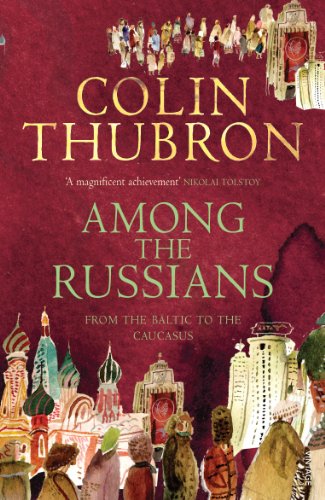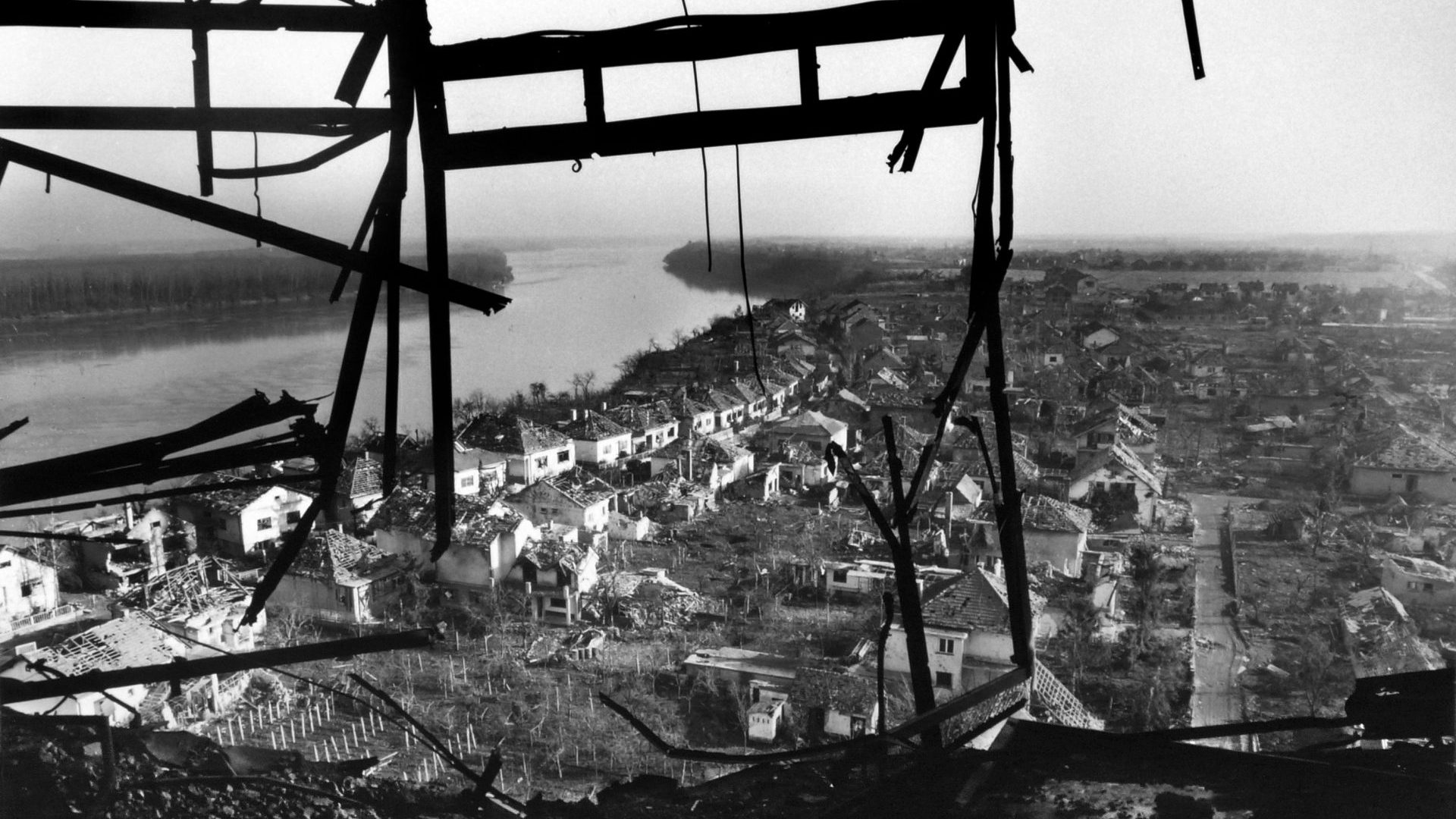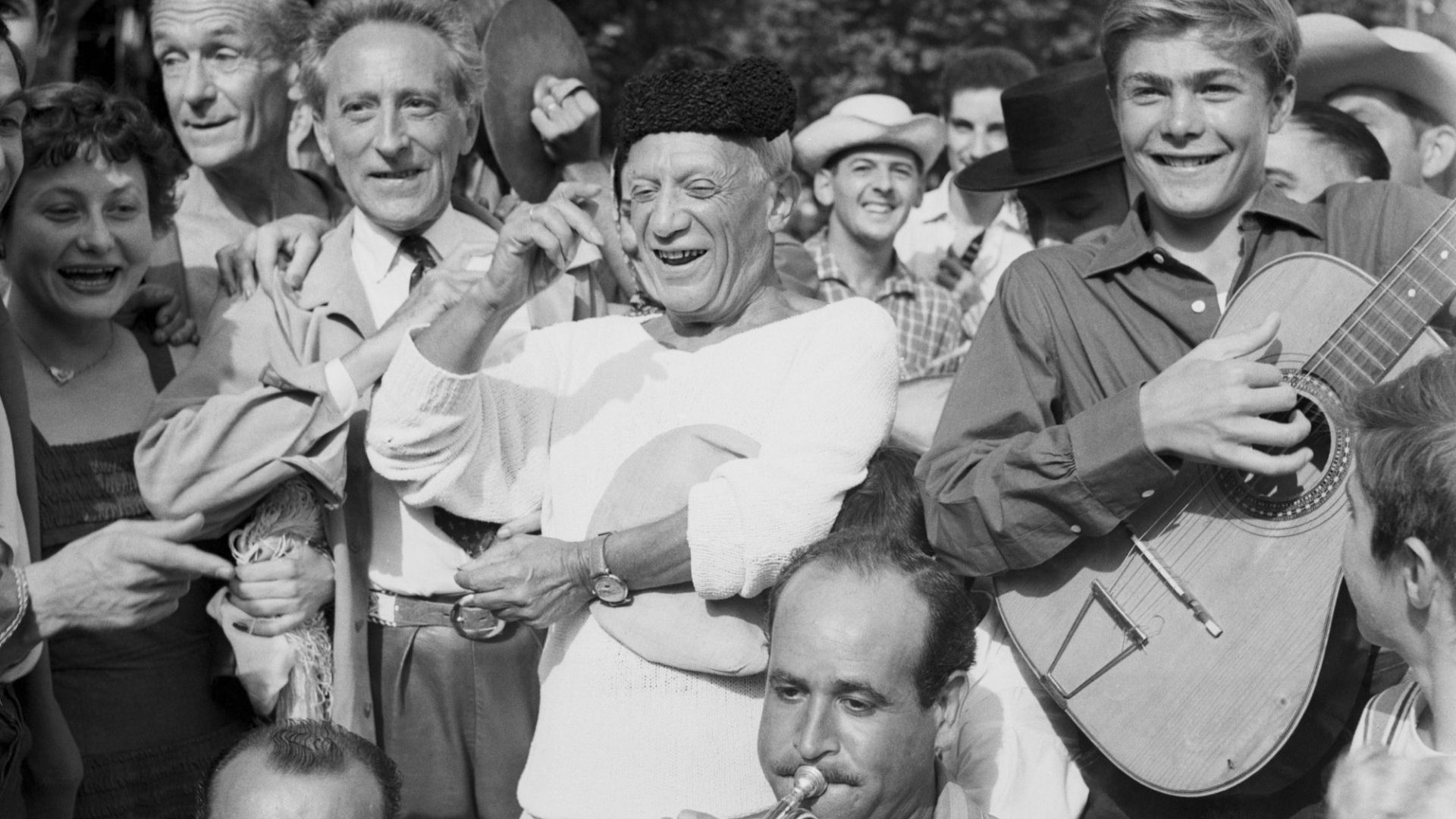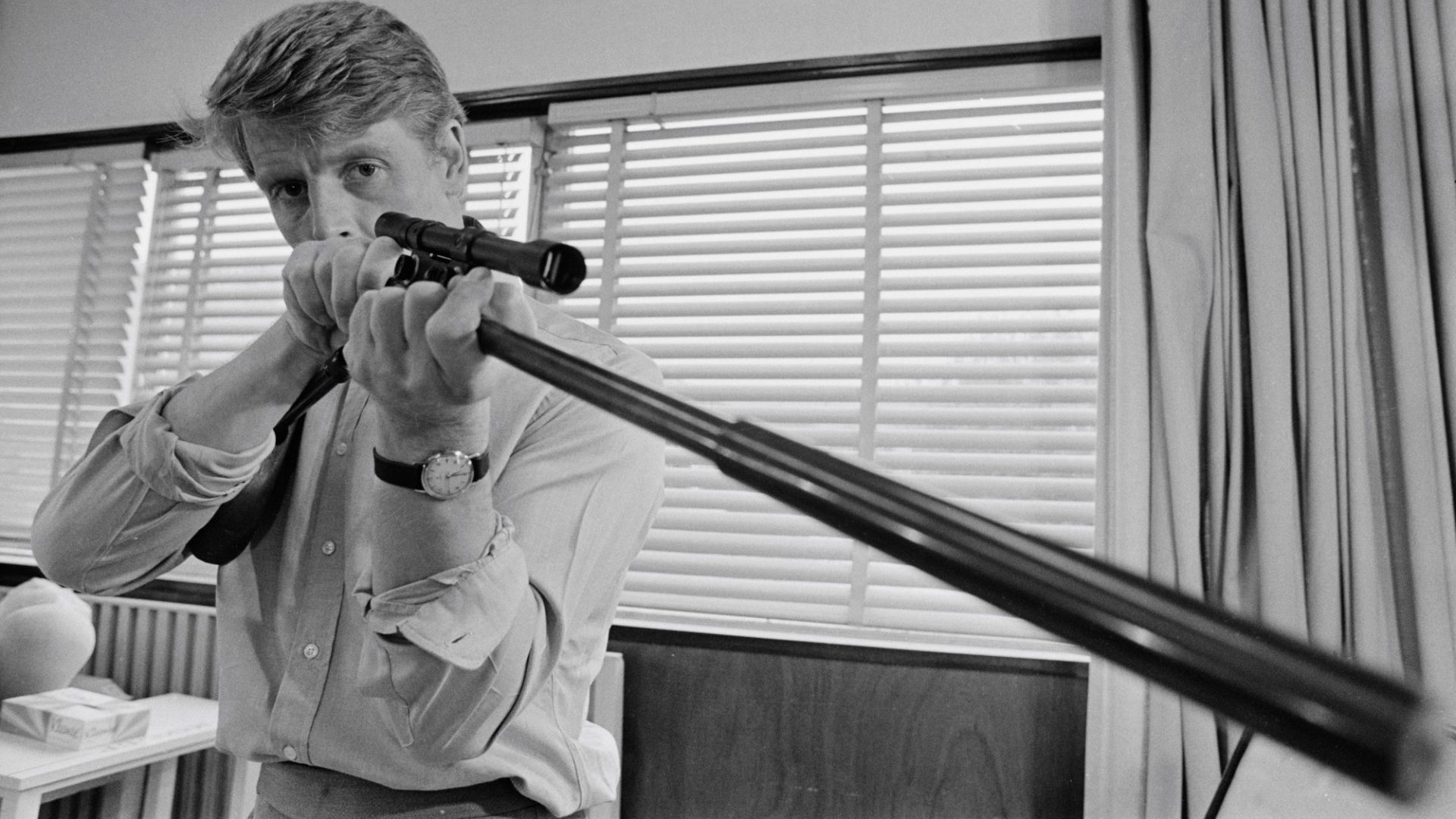The death of Dubravka Ugrešić on March 17 deprived Europe of one of its finest and most underrated contemporary writers. The winner of the prestigious US Neustadt Prize for International Literature in 2016, she was mentioned frequently as a Nobel Prize candidate for an astonishing body of work that spanned European culture, history and politics, all viewed through the unique prism of her own experience.
The author of a string of novels and essay collections, Ugrešić was born and raised in Yugoslavia but found the independent Croatia that emerged during the Balkan wars of the early 1990s impossible to accept – and said so. Forced out in 1993, she spent time in academic posts at universities in the US before settling in Amsterdam, where she died two weeks ago at the age of 73, still refusing to be bound by nationality.
While she wrote in the Croatian language, Ugrešić hated being labelled a Croatian writer, preferring the terms “anational”, “transnational” or even “postnational”. Patriotism and nationalism tainted opinions and viewpoints, she felt, and were too riddled with false memory and fake narrative for a writer to produce genuinely plausible work.
Born in Zagreb to a Croatian father who had fought with the Yugoslav partisans during the second world war and a mother from Bulgaria, Ugrešić studied comparative literature and Russian at the University of Zagreb during the 1970s and went on to forge a career in academia at the same institution. Her first novel, Štefica Cvek u raljama života (Steffi Svek in the Jaws of Life), was published in 1981, an ambitiously postmodern combination of literary and popular fiction so ahead of its time that when a translation was published in Poland a decade ago, readers assumed it was an ingenious pastiche of Bridget Jones’s Diary.
Štefica Cvek u raljama života was adapted into a highly successful Yugoslav film in 1984, and when Ugrešić became the first woman to win the prestigious NIN award for the best novel in Yugoslavia for Fording the Stream of Consciousness in 1988, she seemed set for a long and illustrious career.
Then the Berlin Wall came down and a vicious ethnic war broke out across the Balkans. Croatia declared itself independent and immediately Ugrešić found the new nation horrifying, not least when she recognised how Franjo Tuđman, the first president of independent Croatia, was looking to tie the new nation to its previous brief independence under the fascist Ustaše regime during the second world war.
“He wanted to erase the past,” she wrote, “to cut 50 years out of Yugoslav history and glue 1991, ‘the year of Croatian independence’, to 1941, when Croatia was a Nazi puppet state.”
All this was happening to a bewildered people suffering the trauma of a particularly vicious war as well as coming to terms with the sudden disappearance of the only country most of them had ever known.
“The inhabitants of the former Yugoslavia suddenly found themselves in the situation of having two lives and only one biography,” she wrote. “The older ones managed to collect even three lives.”
When war broke out in 1991, Ugrešić came out vociferously in opposition to both the conflict and the nationalisms that lit and stoked the fires. Using her platform as a much-feted writer, she wrote blistering essays condemning the rise of nationalism, making herself a target for the new regime and alienating those who saw a patriotic duty in establishing and defending the fledgling nation.
In 1992, she and fellow writers Slavenka Drakulić, Rada Iveković, Jelena Lovrić and Vesna Kesić were singled out for criticism in a notorious article in the popular state-controlled magazine Globus that condemned them as traitors and even witches.
“There is a pattern in war,” she sighed. “The first enemy is a woman.”
Ugrešić was attacked relentlessly in the press and in the Croatian parliament. Her mother received death threats – in nationalist eyes, as a Bulgarian she was felt to be almost as bad as a Serb according to Ugrešić – and she found herself ostracised by colleagues at the university. But still she refused to be silenced.
In an August 1992 essay translated as The Realisation of a Metaphor and later included in her powerful non-fiction collection The Culture of Lies, Ugrešić set out many of her fears about the unhealthy strain of nationalism she saw taking hold in Croatia.
“This new kind of behaviour was introduced into public life by politicians,” she wrote. “It was begun by the Croatian president himself when he announced that he was glad that his wife was neither a Serb nor a Jew but a Croat. Immediately afterwards, following the president’s example, a humble member of the assembly announced that he too was glad his wife was a Croat, and not, therefore, either a Serb, a Jew or, heaven forbid, black.
“What would have seemed two years ago like a bad joke not worth repeating, or a passing nationalist virus unworthy of attention, has become established in the unwritten rules of generally accepted behaviour.”
By 1993 she could stand it no more and left for Berlin, spent time in America and eventually made her home in Amsterdam, watching in angry disbelief as pasts were rewritten and new narratives established on national and personal levels. Collectively, she felt, the people of the former Yugoslavia became victims no matter what they might have done, with many of them a little too happy to embrace that status.
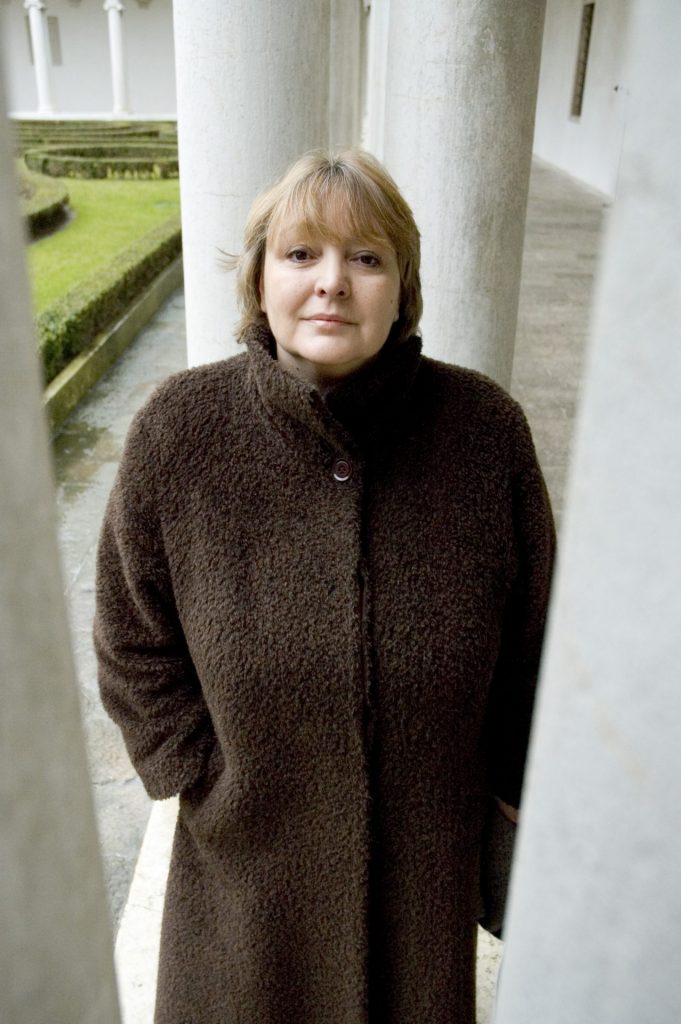
“Victims don’t have any responsibility,” she wrote. “History is like the weather; it has nothing to do with you. But who were the local communists, or the local Nazis? My question is always: ‘and what were you doing?’”
She described a writer she knew who, when interviewed after the war by an American journalist, spoke earnestly of how under the old regime he had been a victim of repression, that he’d been imprisoned and his books banned. Ugrešić knew for a fact that not only had this writer never been near a prison, his books were always widely available.
“I do not believe that he was lying,” she wrote. “Exposed to media brainwashing, terror by forgetting and collective compulsion, my colleague had simply forgotten his personal history. After all, the foreign journalist had come to hear just such a story, in his westerner’s head he already carried the stereotype of a repressed writer in the former communist regime finding a happy ending in the new, democratic one.”
Her novels The Museum of Unconditional Surrender and Ministry of Pain tackled these themes of exile, remembrance and this kind of false memory, contributing to Ugrešić’s nomination for the Man Booker International Prize in 2009 when the award was given for an author’s body of work rather than individual novels.
Of that body of work, Ministry of Pain is arguably her best novel, dark and witty, smart and absorbing. Like Ugrešić herself, the protagonist Tanja has left Zagreb for Amsterdam where she teaches the languages and literature of the former Yugoslavia, a subject that “has disappeared along with its country of origin”. This prompts a meditation on nationhood and exile condensed into a vividly drawn character that makes Ministry of Pain one of the best European novels of the modern era.
Ugrešić’s transnational viewpoint lent the book – and the rest of her work – a perspective rare among the writers of our continent: that we have an inalienable right not to belong.
“My Croatian passport does not make me a Croatian writer,” she wrote in 2019. “It is easiest and most profitable to be a national writer, particularly if the nation is small, but I have chosen a less profitable way. I do not wish to belong to anyone, not to a people, nor a nation, nor a national literature.”
Most of us go through life wanting to belong somewhere, whether to a country, a region, a town, even a football team. For Ugrešić the opposite was true. She chose to rise above nationality and patriotism to find a perspective creating questions nobody else was asking. In doing so, she shattered the illusion of a new normality and pricked false narratives at every turn.
She died as the Russian invasion of Ukraine entered its second year and a laughing British home secretary boasted of denying desperate displaced people any kind of sanctuary.
“With a brand-new, only just valid passport from the newly minted state of Croatia, I left my country,” she wrote in 2019. “Or I should say my country left me. I know now that the hundreds and thousands of refugees who are knocking on the doors of European countries did not leave their countries. Their countries left them.”
Europe is already poorer without the unique perspective of Dubravka Ugrešić, but there is still much to learn from her legacy.
“If there is anything truly relevant in the current inflation of intellectual narratives about European identity, a European future, the European crisis, Europe after the wall, new European walls — then it should be the narrative of the magnificent, remarkable circulation of human material, human cargo,” she declared. “Wars, murders, genocides, political systems, states and borders, ideological and religious systems, nationalisms — all this pales in comparison to the fates of ordinary people.”
A EUROPEAN LIBRARY
A weekly selection of fiction and non-fiction, new and old, to build a comprehensive literary portrait of our continent
79. AMONG THE RUSSIANS: FROM THE BALTIC TO THE CAUCASUS by Colin Thubron (Vintage, £9.99)
It’s almost 20 years old now, but Thubron’s memoir of a journey by car from St Petersburg and the Baltic states south to Georgia and Armenia remains a fresh and informative description of a nation teetering on the fulcrum between old and new. Thubron finds much complexity and diversity among a range of peoples still coming to terms with the past, bewildered by the present and uncertain of the future.
